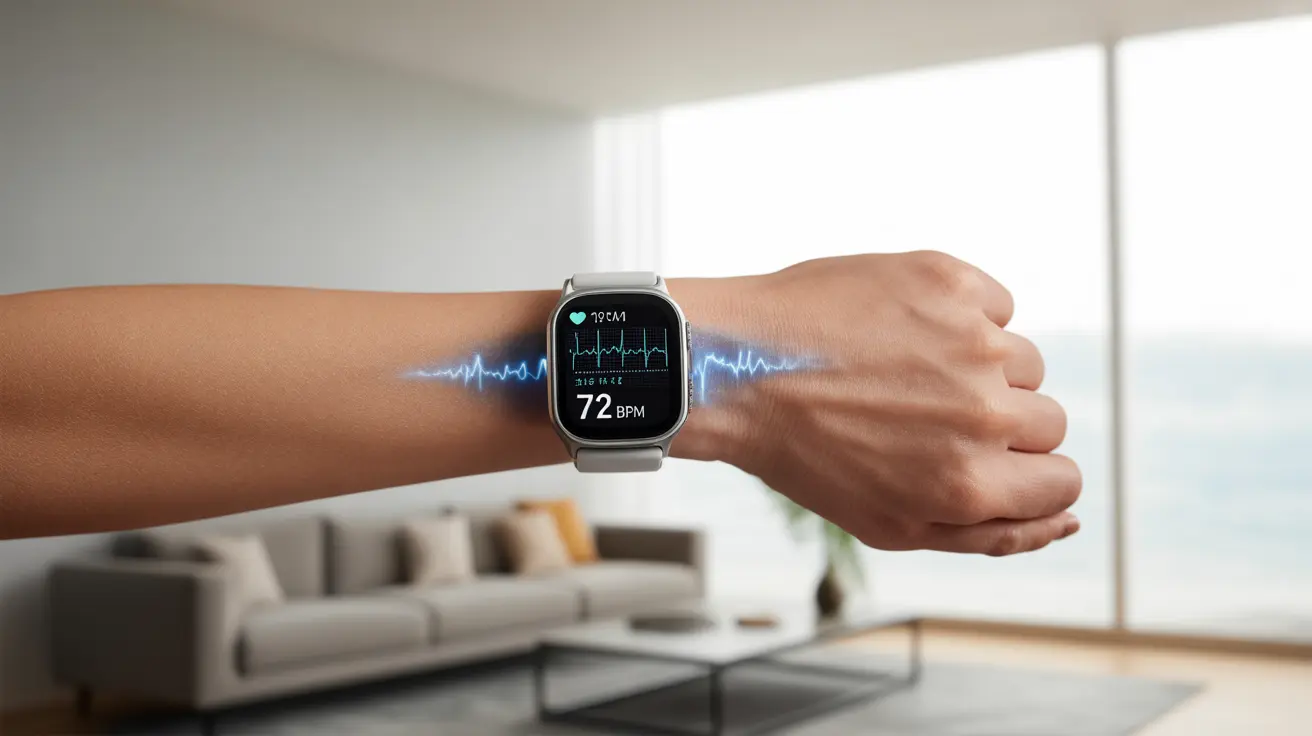For individuals with heart conditions, selecting the right smartwatch can be a crucial decision that impacts their health monitoring capabilities. Modern smartwatches have evolved beyond simple fitness tracking to become sophisticated health monitoring devices, offering features specifically designed for heart health management.
This comprehensive guide will help you understand the essential features, accuracy, and considerations when choosing a smartwatch for monitoring heart problems, ensuring you make an informed decision for your health needs.
Key Features for Heart Health Monitoring
When selecting a smartwatch for heart problems, several critical features should be considered:
Continuous Heart Rate Monitoring
Look for devices that offer 24/7 heart rate tracking with customizable alerts for high and low heart rates. The best smartwatches use advanced photoplethysmography (PPG) sensors for consistent monitoring throughout the day and night.
ECG Functionality
Premium smartwatches now include electrocardiogram (ECG) capabilities, allowing users to take on-demand readings to detect potential heart rhythm irregularities. This feature is particularly valuable for those with known arrhythmias or concerns about atrial fibrillation.
Blood Oxygen Monitoring
SpO2 sensors measure blood oxygen saturation levels, which can be particularly important for individuals with heart conditions that affect oxygen circulation.
FDA Clearance and Medical Reliability
Several leading smartwatch manufacturers have obtained FDA clearance for specific heart monitoring features:
- Apple Watch Series 4 and newer (ECG and irregular rhythm notification)
- Samsung Galaxy Watch 4 and newer (ECG and blood pressure monitoring in select regions)
- Fitbit Sense and Sense 2 (ECG and irregular heart rhythm detection)
These certifications provide an additional layer of confidence in the device's accuracy and reliability for heart health monitoring.
Battery Life and Practical Considerations
When monitoring heart health, consistent wear is crucial. Consider these factors:
- Battery duration (ranging from 18 hours to 14 days depending on the model)
- Charging speed and convenience
- Power management features
- Impact of continuous monitoring on battery life
Smartphone Compatibility and Data Management
The effectiveness of a heart monitoring smartwatch depends heavily on its integration with your smartphone and health apps. Consider:
- Operating system compatibility (iOS vs. Android)
- Health data export capabilities
- Integration with electronic health records
- Data sharing options with healthcare providers
Frequently Asked Questions
What features should I look for in the best smartwatch for monitoring heart problems?
Look for continuous heart rate monitoring, ECG functionality, irregular rhythm notifications, blood oxygen monitoring, and FDA clearance for heart-related features. Additional important features include emergency alerts, fall detection, and easy data sharing with healthcare providers.
How accurate are smartwatches like Apple Watch and Samsung Galaxy Watch for detecting irregular heart rhythms?
FDA-cleared smartwatches have demonstrated high accuracy in detecting irregular heart rhythms, particularly atrial fibrillation. Studies show accuracy rates above 95% for ECG features when compared to standard medical ECG devices, though they should not be considered replacements for medical-grade equipment.
Can smartwatches with ECG capability replace traditional heart monitoring methods for people with heart conditions?
While smartwatches provide valuable continuous monitoring and early warning capabilities, they should complement rather than replace traditional medical monitoring methods. They are best used as screening tools and for general awareness, with any concerning findings verified by medical professionals.
Which smartwatches offer FDA-cleared heart health monitoring and are suitable for ongoing heart problem management?
The Apple Watch Series 4 and newer, Samsung Galaxy Watch 4 and newer, and Fitbit Sense series offer FDA-cleared heart monitoring features. These devices are suitable for ongoing heart health management when used under medical supervision.
How do battery life and compatibility affect the choice of a smartwatch for heart rate and ECG monitoring?
Battery life directly impacts continuous monitoring capabilities, with longer battery life ensuring uninterrupted tracking. Compatibility with your smartphone's operating system is crucial for proper data collection and analysis. Consider devices that offer at least 24 hours of battery life and are fully compatible with your smartphone platform.




